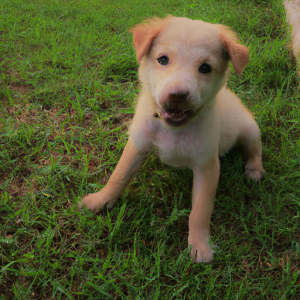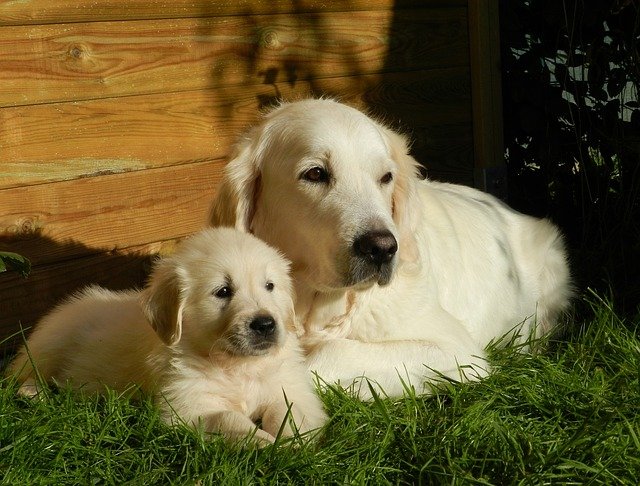If you have a new puppy, congratulations! Training can be a fun and rewarding experience for both you and your furry friend. Here are some simple tips to help you get started on your training journey.
Simple Training Tips Introduction
Bringing home a new puppy can be an exciting and fulfilling experience. However, training a new puppy can be a daunting task, especially if you’re new to pet ownership or have never trained a puppy before. That’s why we’ve put together this guide to help you get started on your training journey.
Start Training Your Puppy Early
 It’s never too early to start training your puppy. In fact, the earlier you start, the easier it will be to establish good habits and prevent bad behavior. The ideal time to start training is between 8 and 12 weeks, as puppies are most receptive to training at this age.
It’s never too early to start training your puppy. In fact, the earlier you start, the easier it will be to establish good habits and prevent bad behavior. The ideal time to start training is between 8 and 12 weeks, as puppies are most receptive to training at this age.
Be Consistent With Your Training
Consistency is key when it comes to training your puppy. Make sure that everyone in your household is on the same page and using the same commands and training methods. This will prevent confusion for your puppy and help them learn faster.
Use Positive Reinforcement in Your Training
Positive reinforcement is the most effective way to train your puppy. This means rewarding good behavior with treats, praise, and lots of affection. Avoid punishing your puppy for bad behavior, as this can be confusing and counterproductive.
Start With Basic Commands
When training your puppy, start with basic commands like sit, stay, come, and heel. These commands lay the foundation for more advanced training later on. Use a firm yet gentle voice, and always reward your puppy for obeying your commands.
Be Patient With Your Puppy
Training your puppy takes time and patience. Don’t expect your puppy to learn everything overnight. Be patient, and don’t get frustrated if your puppy doesn’t understand a command right away. With time and consistency, your puppy will learn and eventually master your commands.
Socialize Your Puppy
Socializing your puppy is crucial for their development and well-being. Expose them to new people, places, and animals, and reward them for positive interactions. This will help your puppy become more confident and well-behaved in social situations.
Avoid Bad Habits
Preventing bad habits is easier than breaking them. Avoid giving your puppy too many treats, as this can lead to obesity and other health problems. Avoid using physical punishment, as this can damage your relationship with your puppy.
Some Final Thoughts
Training your puppy is a fun and rewarding experience that strengthens the bond between you and your furry friend. By following these simple tips, you can lay the foundation for a happy, healthy, and well-behaved puppy. Remember to be patient, consistent, and positive, and always reward good behavior. Happy training!
